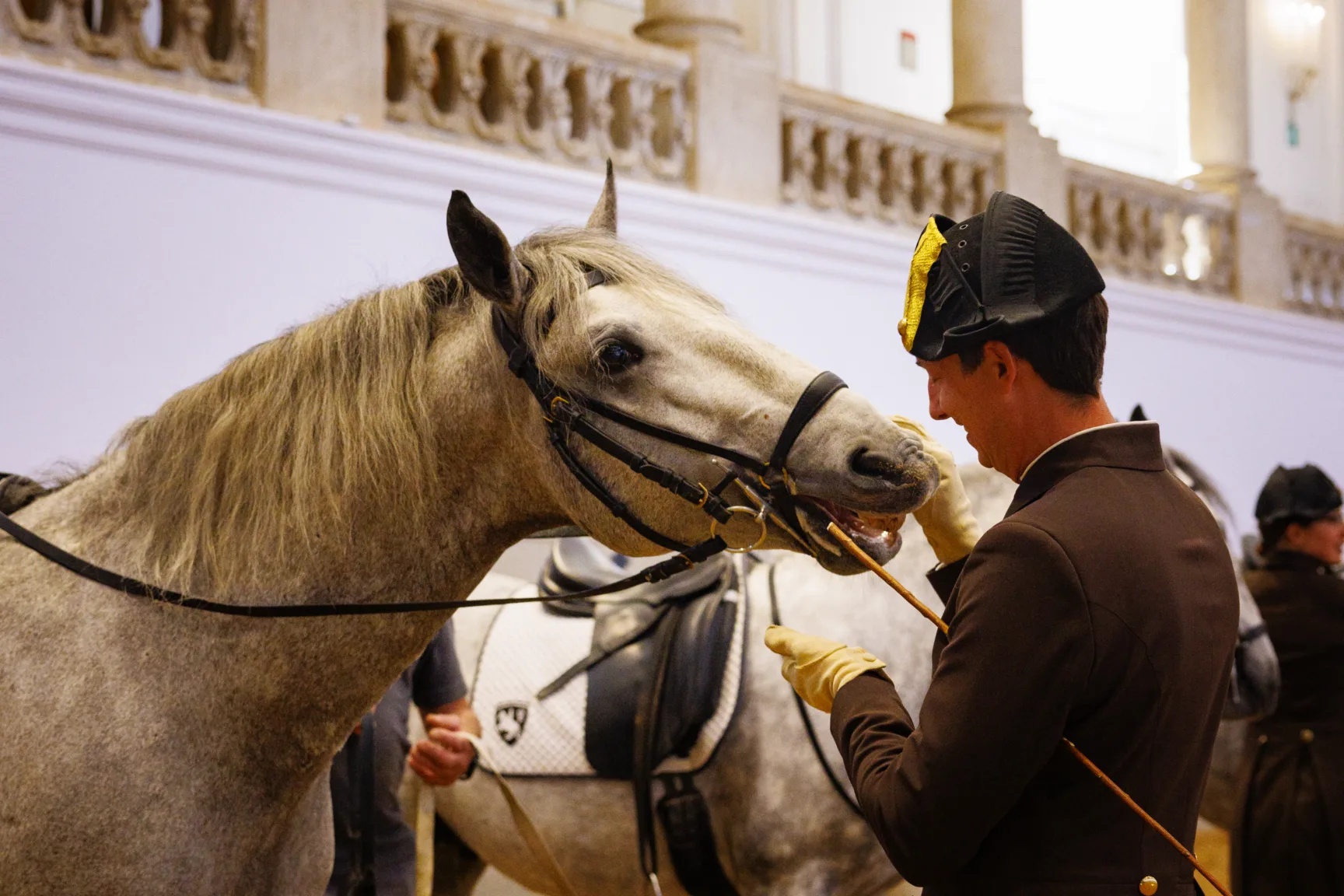The Role of a Horse Trainer: A Day in the Life

Horse trainers play a vital role in the equestrian world, combining expertise, patience, and dedication to develop horses’ skills and behavior. This article explores the daily routine of a horse trainer, highlighting their responsibilities, challenges, and the skills required to succeed.
Daily Responsibilities of a Horse Trainer
| Time of Day | Activity | Description |
|---|---|---|
| Early Morning | Feeding and Health Check | Begin the day by feeding horses and conducting health inspections to ensure they are fit and healthy. |
| Mid-Morning | Training Sessions | Conduct various training exercises tailored to each horse’s needs, including groundwork and riding. |
| Afternoon | Grooming and Stable Maintenance | Groom horses and clean stables to maintain hygiene and comfort. |
| Late Afternoon | Record Keeping and Planning | Update training logs, plan future sessions, and communicate with owners or veterinarians. |
Key Skills and Qualities of a Successful Horse Trainer
- Patience and Consistency: Training horses requires repetitive practice and calm persistence.
- Knowledge of Equine Behavior: Understanding horse psychology helps in effective communication and training.
- Physical Fitness: The job is physically demanding, requiring strength and stamina.
- Problem-Solving Skills: Trainers must adapt techniques to suit individual horses and overcome behavioral issues.
- Communication: Clear interaction with horse owners, veterinarians, and other team members is essential.
Challenges Faced by Horse Trainers
- Managing unpredictable horse behavior.
- Balancing multiple horses with different training needs.
- Working in varying weather conditions.
- Ensuring safety for both horse and trainer during training.
Frequently Asked Questions (FAQ)
Q1: How long does it take to train a horse?
A: Training duration varies depending on the horse’s age, temperament, and the training goals, ranging from a few weeks to several months.
Q2: What qualifications are needed to become a horse trainer?
A: While formal education is not always required, many trainers pursue certifications or apprenticeships to gain experience.
Q3: Can anyone become a horse trainer?
A: Passion for horses and willingness to learn are crucial, but physical fitness and patience are also important.
Horse trainers dedicate their days to nurturing and developing horses, ensuring they perform at their best while maintaining their well-being. Their work is a blend of art and science, requiring a deep connection with these majestic animals.
Would you like me to help enhance the tone to be more conversational or add more technical details about training methods?
